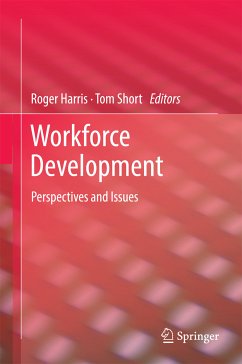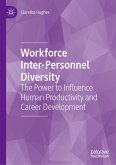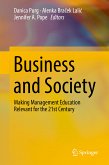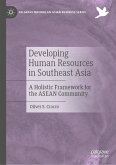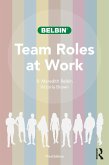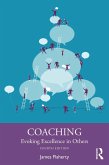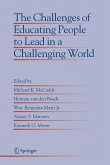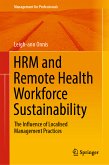As the world becomes increasingly connected and mobile, workforce development is proving to be a major activity for organisations because it impacts their longer-term survival and growth. To stay ahead, successful organisations focus on attracting, building, engaging and retaining talented people. However, in a financially turbulent era where strategy changes quickly, workforce development must not only plan and build the capabilities of people at work, but also contribute to making employment more socially sustainable for a better world.
This book provides a thought-provoking collection of scholarly work for business leaders, human resource practitioners and academics working in adult education, business, psychology and social science disciplines. At the same time, it adopts an accessible style for students and others who want to know more about the development of people at work.
Dieser Download kann aus rechtlichen Gründen nur mit Rechnungsadresse in A, B, BG, CY, CZ, D, DK, EW, E, FIN, F, GR, HR, H, IRL, I, LT, L, LR, M, NL, PL, P, R, S, SLO, SK ausgeliefert werden.

